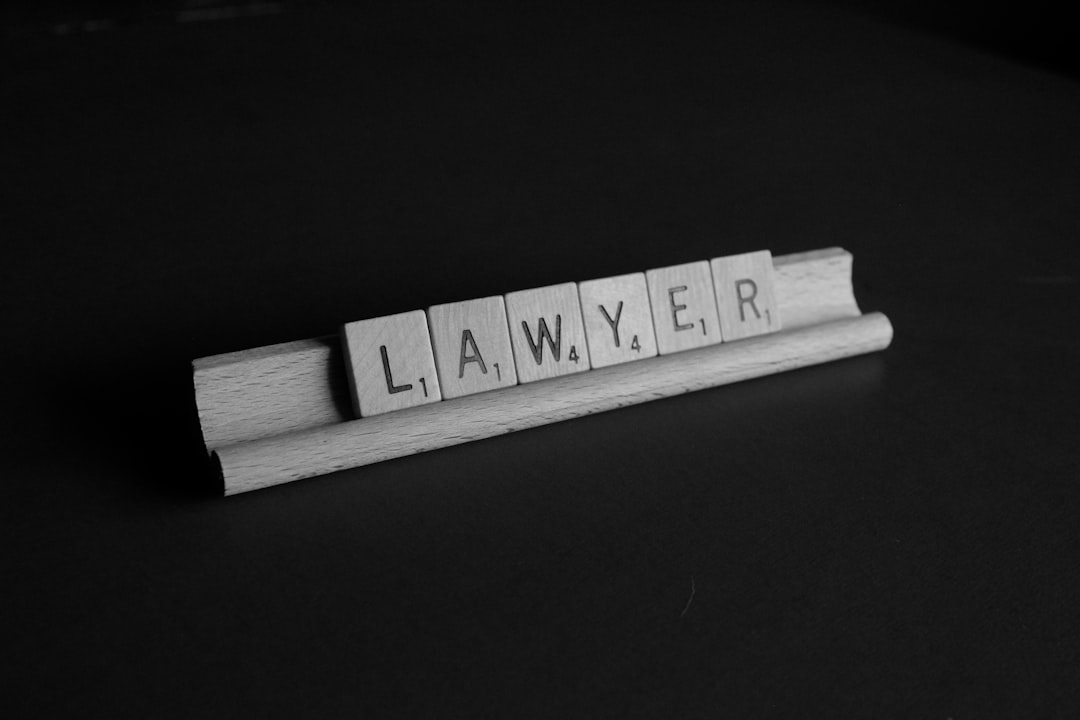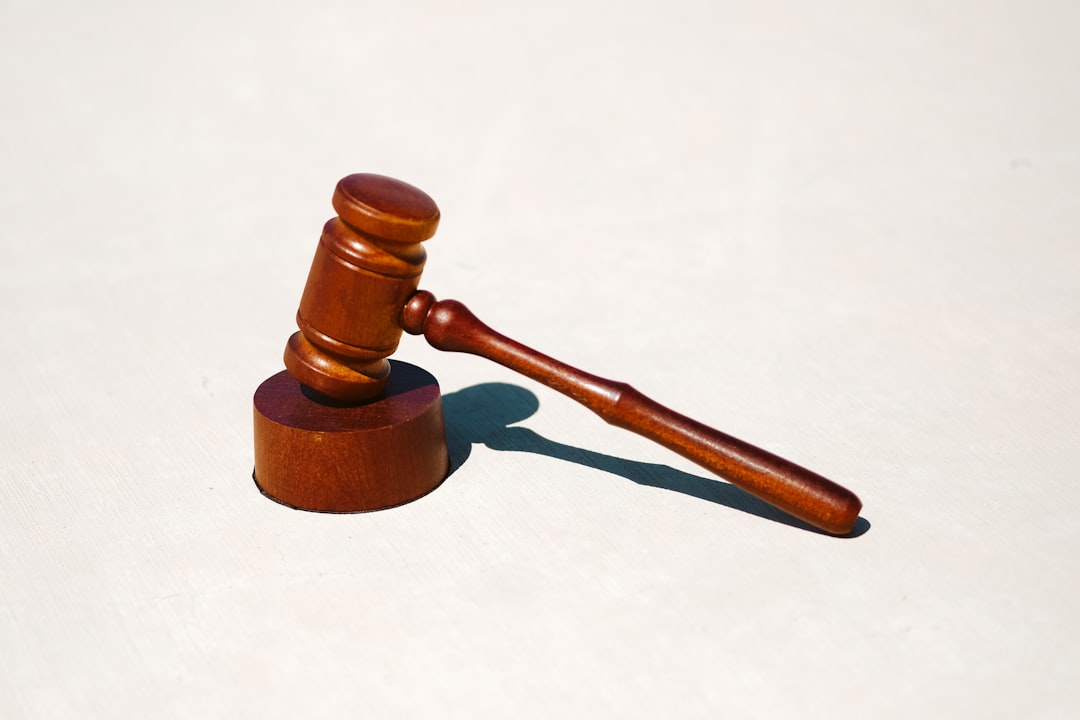In Mississippi, understanding sexual assault laws and seeking specialized support is vital for victims. A sexual assault attorney Mississippi is crucial for navigating legal complexities, protecting rights, and ensuring justice. Resources like 24/7 hotlines, Sexual Assault Service Providers (SASPs), forensic exams, counseling centers, and community organizations offer comprehensive aid, empowering survivors across urban and rural areas through tailored services including medical care, legal advocacy, and emotional support.
In Mississippi, understanding sexual assault resources is crucial for victims seeking justice and healing. This county-by-county breakdown illuminates the landscape of support services available across the state. From legal aid through sexual assault attorneys in Mississippi to crisis hotlines and medical care, each county offers unique resources. We explore local initiatives, the role of advocates, and how victims can navigate the system. By arming ourselves with this knowledge, we foster a culture of support and accountability for survivors of sexual assault.
Understanding Sexual Assault Laws in Mississippi

In Mississippi, understanding the laws surrounding sexual assault is paramount for victims seeking justice and support. Sexual assault is defined as any unwanted sexual contact or behavior that is non-consensual, including rape, attempted rape, and other forms of aggression. Mississippi has specific statutes that address these crimes, offering guidelines for prosecution and victim protection. Key aspects include the requirement for a person to obtain explicit consent from their partner before engaging in sexual activity, with penalties for violation.
Victims of sexual assault in Mississippi have legal rights and options, including the ability to file criminal charges against their assailant through the help of a sexual assault attorney Mississippi. It’s crucial for survivors to be aware that they can report these crimes to local law enforcement and seek medical attention promptly. Additionally, there are various non-profit organizations dedicated to assisting victims, providing legal aid, counseling, and advocacy services tailored to their unique needs.
Identifying Local Support Services by County

When navigating a sexual assault case, finding the right support services is crucial. In Mississippi, each county offers unique resources for victims, making it essential to identify local options. For those seeking legal counsel, engaging a sexual assault attorney Mississippi is a vital step. These attorneys specialize in handling sensitive cases, ensuring victims receive justice and the support they deserve.
From counseling centers to advocacy groups, understanding what’s available in your county is empowering. Mississippi’s network of resources aims to provide comprehensive care, including legal assistance, medical services, and emotional support. Whether you’re in Jackson, Harrison, or any other county, local organizations are dedicated to helping survivors heal and rebuild their lives.
Role of Sexual Assault Attorneys in Mississippi

In Mississippi, sexual assault attorneys play a crucial role in advocating for survivors and ensuring they receive the support and justice they deserve. These legal professionals are equipped to navigate the complexities of sexual assault cases, offering specialized knowledge and expertise that can be invaluable to victims navigating the criminal justice system. With their help, survivors can access resources such as medical care, counseling, and legal representation, all essential components in the healing process.
Sexual assault attorneys in Mississippi work diligently to protect the rights of their clients and hold perpetrators accountable. They guide survivors through each stage of the legal process, from initial consultations to court appearances, providing a safe space for them to share their experiences. By employing strategic approaches, these attorneys aim to secure favorable outcomes, whether it’s through plea bargains, negotiations, or trials, ultimately aiming to prevent further trauma and promote justice for the victims.
Accessing Crisis Hotlines and Medical Care

In the aftermath of a sexual assault, accessing crisis hotlines and medical care is crucial steps for victims seeking support in Mississippi. Many counties in the state have dedicated resources available, including 24/7 helplines operated by trained professionals who can offer immediate assistance, emotional support, and guidance on next steps. These hotlines often connect survivors to local sexual assault service providers (SASPs) that provide specialized care, such as medical examinations, counseling, and legal advocacy.
For those in need of medical attention, Mississippi’s hospitals and clinics are equipped to handle cases of sexual assault. Medical professionals can conduct forensic exams, gather evidence, and provide essential healthcare services tailored to the victim’s needs. Additionally, a sexual assault attorney Mississippi can be crucial in navigating the legal system and ensuring victims’ rights are protected throughout the process. This comprehensive approach ensures that survivors receive holistic support, from immediate crisis intervention to long-term legal and medical care.
Community Organizations and Their Contributions

Community organizations play a pivotal role in supporting survivors of sexual assault across Mississippi. These groups, often led by dedicated volunteers and professionals, offer a range of services tailored to meet the unique needs of their local communities. From providing immediate crisis intervention and safe spaces for survivors to advocating for systemic changes, these organizations are the backbone of support networks in rural and urban areas alike.
Many community organizations in Mississippi collaborate closely with local law enforcement, healthcare providers, and legal professionals, including sexual assault attorneys, to ensure comprehensive care for victims. They organize awareness campaigns, conduct educational programs in schools and public venues, and offer counseling services to foster a culture of prevention and support. Their contributions are invaluable, as they bridge the gap between formal services and the everyday needs of survivors, fostering healing and empowerment within their communities.





